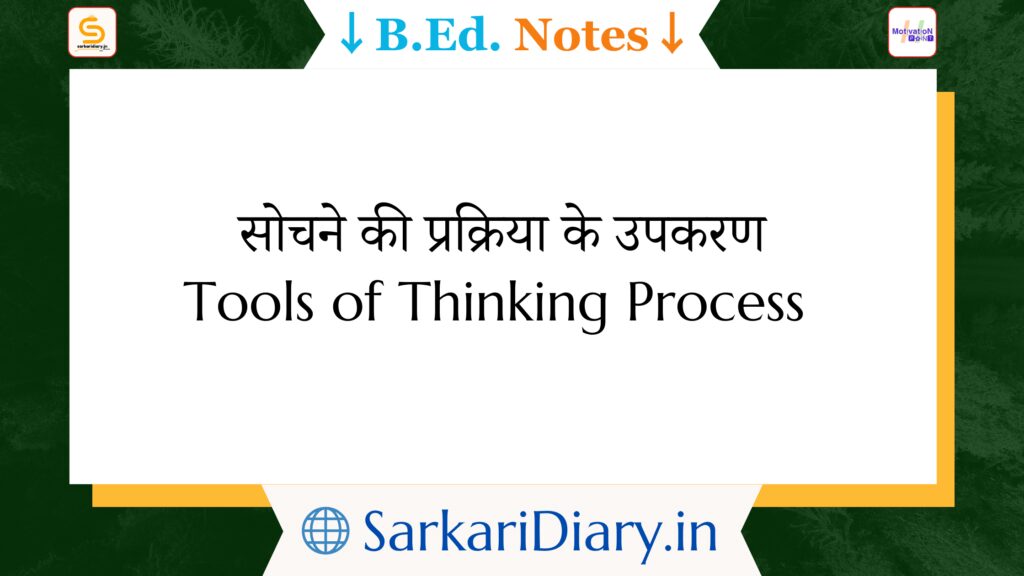
The tools of thinking process are the mental abilities and techniques we use to analyze information, solve problems, and make decisions. They can be broadly categorized into three main classes:
1. Cognitive Processes:
- Experience: This is the foundation of all knowledge. We learn through our interactions with the world and the information we absorb through our senses.
- Memory: Our ability to store and retrieve information is crucial for learning and reasoning. It allows us to build upon existing knowledge and apply it to new situations.
- Association: This is the ability to connect related concepts and ideas. It helps us identify patterns, make inferences, and understand complex relationships.
- Pattern Discernment and Recognition: Our ability to identify patterns in data and information is essential for making sense of the world around us. It allows us to predict future events and make informed decisions.
- Reason: This is the ability to use logic and deduction to draw conclusions from evidence. It allows us to analyze information objectively and make sound judgments.
2. Creative Processes:
- Invention: This is the ability to generate new ideas and solutions. It requires us to think outside the box and come up with innovative approaches to problems.
- Experimentation: This is the process of testing ideas and hypotheses through trial and error. It allows us to gather data and refine our understanding of the world.
- Imagination: This is the ability to create mental images and scenarios. It helps us explore possibilities, solve problems creatively, and engage in artistic expression.
3. Metacognitive Processes:
- Intuition: This is the ability to make judgments based on gut feeling or unconscious knowledge. It can be a valuable tool for decision-making, but it should be used in conjunction with other forms of reasoning.
- Reflection: This is the ability to think critically about our own thinking processes. It allows us to identify biases, improve our reasoning skills, and learn from our mistakes.
- हिन्दी भाषा शिक्षण रणनीतियाँ एवं एक अध्यापक के रूप में रणनीतियों का प्रयोग
- स्वास्थ्य शिक्षा तथा इसके महत्त्व
- स्वास्थ्य को प्रभावित करने वाले कारक factors affecting health by Sarkari diary
- स्वास्थ्य का क्या तात्पर्य
- स्वास्थ शिक्षा पे विद्यालय प्रशासक की भूमिका
Other notable tools:
- Systems Thinking: This is a framework for analyzing complex systems by understanding the interconnectedness of their components.
- Lateral Thinking: This is a method of problem-solving that encourages us to think outside the box and come up with unconventional solutions.
- Mind Mapping: This is a visual technique for organizing information and ideas. It can help us see connections between concepts and improve our memory.
These are just some of the many tools we have at our disposal for thinking effectively. The specific tools we use will vary depending on the task at hand. However, by consciously applying these tools, we can improve our problem-solving skills, make better decisions, and become more creative thinkers.


